Ethics and photography. A topic that made rivers of ink flow in more than one occasion and with an almost pathological cadence, we find ourselves talking about it.
Let’s clarify immediately what is meant by ethics:
ethics/ˈɛθɪks/nounplural noun: ethics; noun: ethics
1. moral principles that govern a person’s behaviour or the conducting of an activity.”medical ethics also enter into the question”synonyms:moral code, morals, morality, moral stand, moral principles, moral values, rights and wrongs, principles, ideals, creed, credo, ethos, rules of conduct, standards (of behaviour), virtues, dictates of conscience”the ethics of journalism” – the moral correctness of specified conduct.”many scientists question the ethics of cruel experiments”
2. the branch of knowledge that deals with moral principles.”neither metaphysics nor ethics is the home of religion”
But what is right or what is it to believe is good?
For Ma.Ni. Photo Studio means that where there are rules, those must be respected, it means that where best practices are present, those should be followed, it means that when discussing and comparing oneself with colleagues or with society that have guide-lines, we go back to those.
The Ethics we mean is not just following a set of written or unwritten rules during the course of our work, it means living within a system, our society, which has decided for us which are the poles within which one can exercise it’s freedoms, all our freedoms.
However, speaking expressly of photographic activity, for us ethics means following first of all the guidelines of documentary photography, that of representing reality as it appears to us without influencing or imposing our own tastes, without changing the habits of those in front of us.
It is obvious that our presence is in part a cause for interference and influence, and if for example we think of scientists performing an experiment, they know very well that the first problem as observers is precisely to influence the experiment itself.
In the photograph it is exactly the same, but up to a certain point. We photographers are aware of this and for this reason, in documentary photography, the human and relational aspects are of fundamental importance in trying to minimize our presence.
For those not used to being in front of the camera, the beginning is always uphill. But precisely because ethics requires me to tell “the truth, only the truth, nothing but the truth” I learned to give time, all the time necessary for all the members of the family to get used to my presence and return to behave normally. This is why the longer a documentary session is, authenticity and image quality increases exponentially.
The documentary photographer is a bit like a scientist, she knows that it will influence the situation she will photograph, but at the same time she is called to observe and document what happens.
The question is: how much are you influencing what you are watching?
Not long ago we have witnessed the sad observation that ethics often takes second place to the need to gain recognition. It does not matter if we talk about a “like” on facebook rather than a prize in a photo contest.
Documentary photography requires a lot of preparation, requires ideas, requires firm foundations.
Ma.Ni. Photo Studio strongly reaffirms its choice to stick to the ethics of documentary photography. Not only. All our images always reflect authenticity and truthfulness. Without conditionings, without suggestions. We never underestimate the values underlying documentary photography.
Family reportage are made not to win prizes, for glory and fame. The family reportage is made to give the family an invaluable legacy. A vivid memory of their real life.
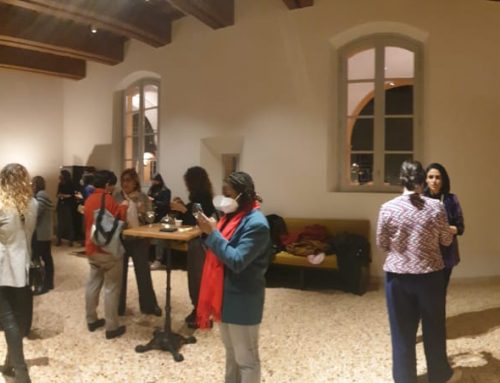
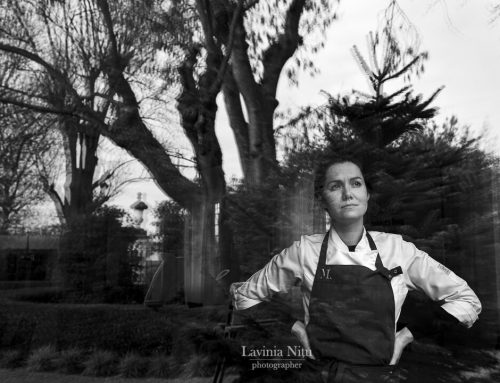
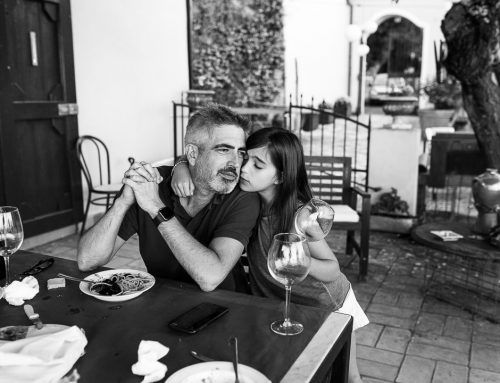
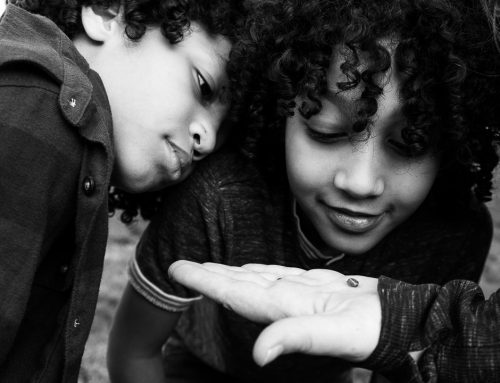
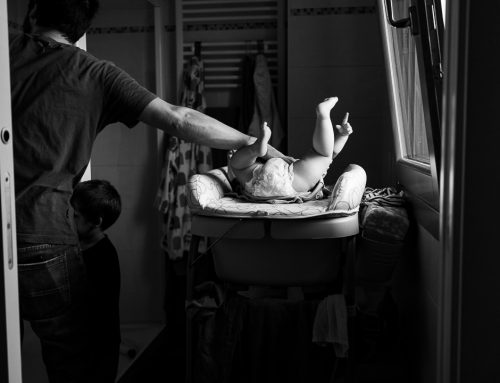
Leave A Comment